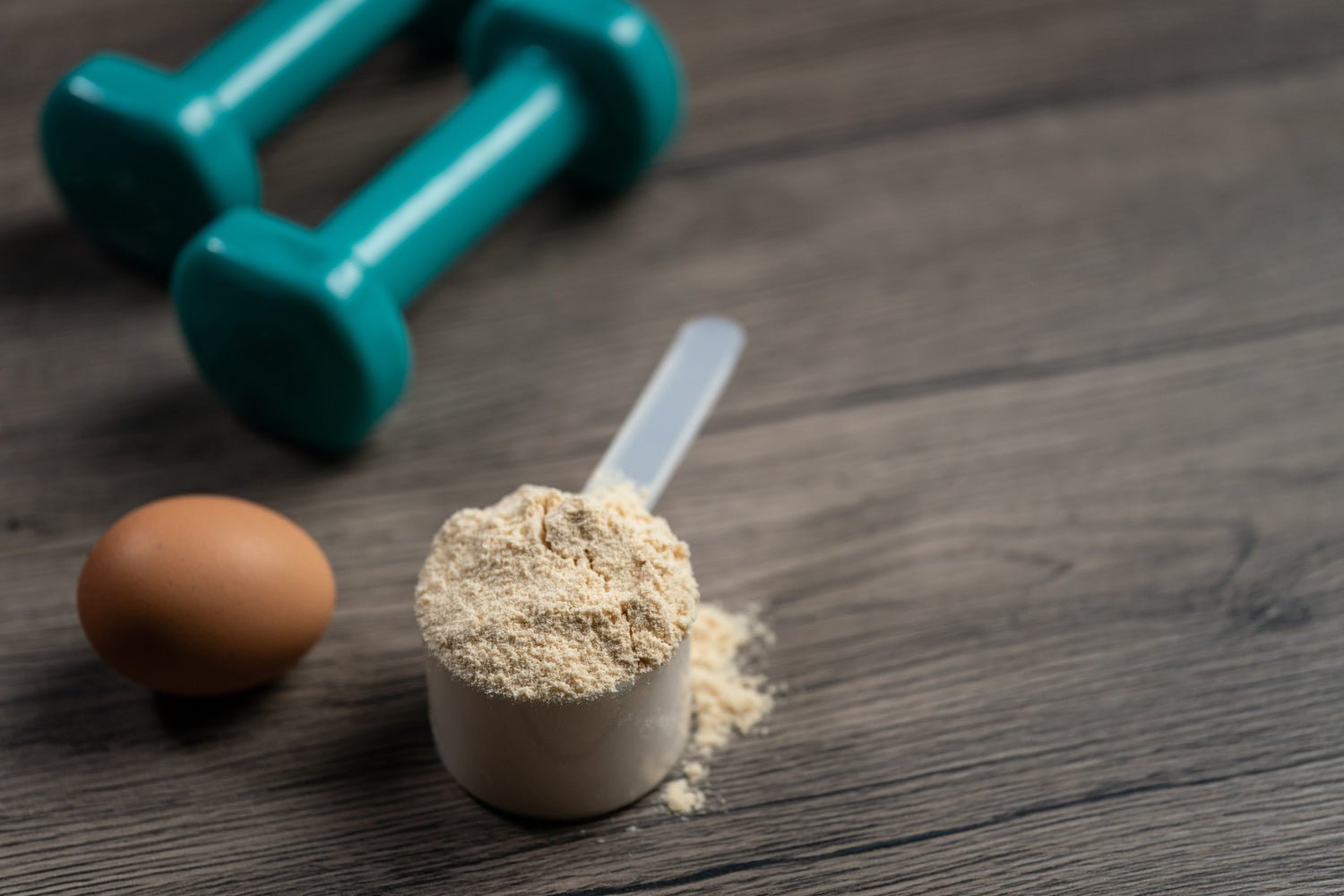When it comes to boosting protein intake, athletes and fitness enthusiasts often find themselves choosing between whey protein and plant-based protein powders. Both options offer unique benefits and may cater to different dietary needs and lifestyle preferences. Understanding the differences between these two protein sources can help us make informed decisions that align with our fitness goals and overall wellbeing.
Whey protein, derived from milk, is well-known for its high biological value and rapid digestibility, making it a favourite among those seeking quick muscle recovery post-workout. On the other hand, plant-based protein powders, sourced from ingredients like peas, rice, or hemp, provide a more environmentally sustainable and often ethical choice, attracting those with dietary restrictions or conscious lifestyles.
As we delve into the comparisons between whey and plant-based protein powders, we will explore their nutritional profiles, digestibility, absorption rates, and the broader environmental and ethical considerations. This comprehensive analysis aims to help us select the protein supplement that best fits our individual needs and supports our fitness aspirations effectively.
The Nutritional Profile of Whey Protein vs. Plant-Based Protein Powders
Whey protein and plant-based protein powders both offer valuable nutrients but differ in their specific profiles. Whey protein is derived from milk and is known for its high biological value, meaning it contains all the essential amino acids our body needs. A typical serving of whey protein powder provides around 20-25 grams of protein with a complete amino acid profile, including a high concentration of branched-chain amino acids (BCAAs) which are crucial for muscle repair and growth.
In contrast, plant-based protein powders derive from sources such as peas, rice, and hemp. While these proteins also provide a good amount of protein per serving, usually ranging from 15-20 grams, they may lack one or more essential amino acids. However, manufacturers often blend various plant proteins to create a more complete amino acid profile. Besides protein, plant-based powders often contain additional nutrients like fibre and beneficial antioxidants.
Digestibility and Absorption: Whey Protein vs. Plant-Based Options
The digestibility and absorption of protein are critical factors to consider when choosing between whey and plant-based options. Whey protein is known for its rapid digestibility. Once consumed, it quickly breaks down into amino acids, making it an excellent choice for post-workout recovery, where immediate muscle repair is essential. This rapid absorption is due to whey protein's high concentration of BCAAs, which are quickly taken up by muscle tissues.
On the other hand, plant-based proteins generally digest more slowly. This slower digestion can be beneficial for sustained protein release throughout the day but may not be as effective for immediate post-workout muscle recovery. Furthermore, certain plant proteins may contain anti-nutrients such as phytic acid, which can interfere with nutrient absorption. However, advances in food processing have significantly reduced these issues, and combining different plant proteins can enhance their digestibility and amino acid profile.
Both whey and plant-based protein powders have their unique advantages in terms of nutrition and digestion. Understanding these differences can help us select the most suitable option based on our specific dietary needs and fitness goals.
Environmental and Ethical Considerations of Whey vs. Plant-Based Proteins
When choosing between whey and plant-based protein powders, environmental and ethical considerations often play a crucial role. Whey protein, as a byproduct of cheese production, has a significant environmental footprint. Dairy farming contributes to greenhouse gas emissions, water usage, and land degradation. Ethical concerns also arise from animal welfare and the broader impact of industrial farming practices.
In contrast, plant-based protein powders are generally viewed as more environmentally friendly. They typically require less water and land, and produce fewer greenhouse gases. Options like pea, rice, and hemp proteins can often be cultivated using more sustainable practices. Furthermore, plant-based proteins align with ethical values related to animal rights, making them a suitable choice for vegans and those looking to reduce their environmental impact.
Choosing the Right Protein Powder for Your Fitness Goals
Selecting the right protein powder is key for achieving our fitness goals. We should consider various factors including our dietary preferences, fitness objectives, and any allergies or intolerances we might have. For those focused on building muscle mass quickly, whey protein is often recommended due to its high biological value and rich amino acid profile, which supports rapid muscle repair and growth.
On the other hand, plant-based protein powders are excellent for overall health and those with specific dietary needs or sensitivities. They offer a variety of protein sources, such as pea, rice, and hemp, which can be combined to ensure a complete amino acid profile. Plant-based options are also ideal for those looking to support sustainable practices and follow ethical eating habits.
We should also consider protein powder blends, which combine various protein sources to optimise benefits. These blends can offer a balanced ratio of fast and slow-digesting proteins, providing sustained protein release. By evaluating our specific fitness goals, dietary needs, and ethical preferences, we can make an informed choice that supports our health and sustainability efforts.
Final Thoughts
Understanding the differences between whey and plant-based protein powders allows us to make informed choices that align with our fitness goals, dietary needs, and ethical beliefs. Both protein types have their unique benefits, from whey’s fast absorption and muscle-building capabilities to the sustainable and ethical advantages of plant-based proteins.
At Nutristore, we offer a wide range of protein powders, catering to various tastes, nutritional needs, and lifestyles. By selecting the right protein supplement, we can enhance our workout routines, support muscle recovery, and maintain a balanced, health-conscious diet. Visit Nutristore today to explore our extensive collection of protein powders and find the option that best fits your fitness journey.


Share:
Exploring the Benefits of Whey Protein vs Plant-Based Protein Powders
Best Snacks for Pre-Workout and Recovery